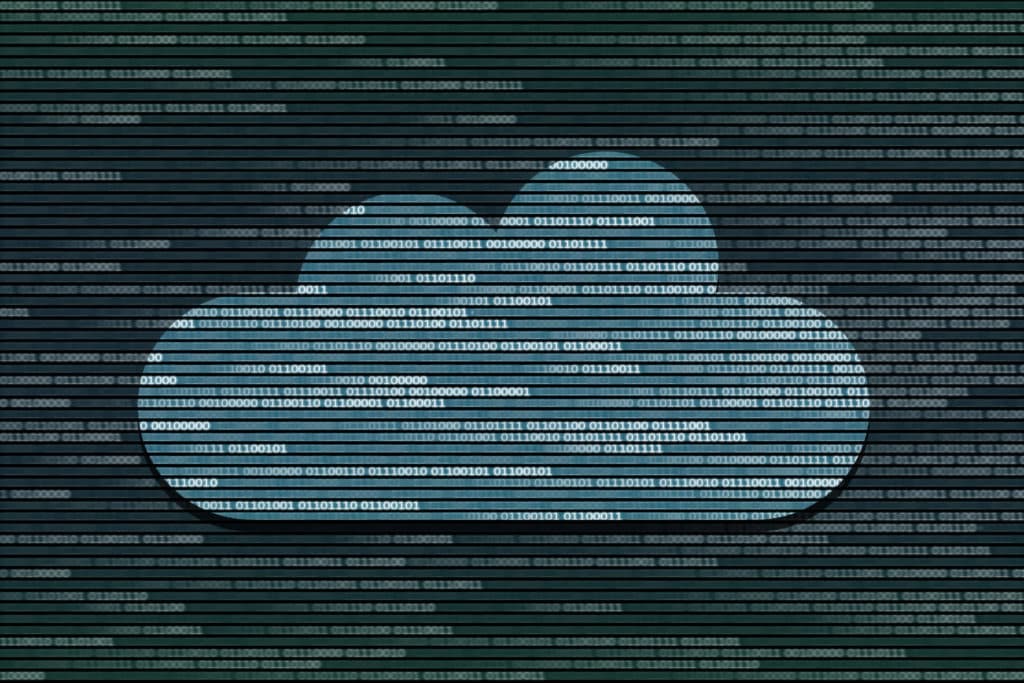
Data loss can cripple a company, which is why
backup and recovery is a key part of any business continuity plan. Having a recoverable copy of your data can mean the difference between being closed for days after a ransomware attack or getting systems back up and running in a few hours.
But while many companies understand the need to back up their devices and on-premise servers, they often leave a critical chunk of their data out of their backup plan – the data that’s saved in 3
rd party cloud services.
90% of companies with between 100-499 employees use cloud services
A vast majority of small businesses in Fresno and the rest of the world use cloud applications like Office 365, G Suite, and others, which means a large amount of their business data resides there. But many companies think that just because their data is stored in the cloud that it doesn’t need to be backed up separately.
That’s a mistake that could mean major data loss if something happens.
Even Microsoft’s
Services Agreement recommends that you back up your data stored in their platform through a third party. It states:
“In the event of an outage, you may not be able to retrieve Your Content or Data that you’ve stored. We recommend that you regularly backup Your Content and Data that you store on the Services or store using Third-Party Apps and Services.”
If you haven’t been backing up your cloud data with another application, you’ll want to read on to learn why it’s critical to your business that you do.
Reasons You Need to Start Backing Up Your Cloud Services
Just because your data is in the cloud doesn’t mean that there won’t come a time that it’s not available. Anyone that’s had issues with iPhoto after a macOS update or accidentally deleted a Dropbox folder, knows that data can be lost in the cloud just as it can on a desktop computer.
There are specific applications that allow you to back up services like G Suite, Office 365, and others to ensure you have a recoverable copy of all your data. Here’s why you need to start doing this now if you’re not already.
Cloud Provider Outage
While cloud service providers do their best to avoid outages, their servers and data centers can still be susceptible to outages. Twitter is filled with desperate tweets from users at a standstill anytime a major cloud provider has an outage, which can happen for a few minutes, several hours, or for days.
Accidental Deletion
If an employee accidentally deletes an entire folder in a cloud application, you may not be able to get it back. Or if an admin deletes a user without first assigning their files to someone else, the system could delete all that data all along with the user account.
Malware/Virus Infections
Should a server used by your cloud provider to store your data be infected with malware it could mean all your files are infected as well. Without a clean backup copy of your file, they could be lost to ransomware and become unrecoverable. Ransomware attacks have increased over the last year and remain a constant threat for end users and cloud service providers alike.
Differences in File Retention Policies
You may want to retain your files longer than the file retention policies in an application like Office 365. A separate backup copy gives you complete control over how long you keep files and can ensure you’re not left without historical data that you need.
Storage Limits
You generally have storage limits when using a cloud service and once you reach your limit, it can mean paying higher subscription costs for more space or risking losing some of your data.
When you have a complete backup copy of your data it gives you the flexibility of safely removing older data from the cloud service so you’re not having to pay excess storage costs.
Accessing Your Data Offline
One drawback of a cloud service is that you need an internet connection to access it. If a cloud provider is offline or your office has suffered a storm causing loss of internet, you’re disconnected from your files.
If you’re backing up your cloud services, you can choose to download a copy of your backup to a physical hard drive, and then the event you’re offline, your files are still accessible.
Follow Backup Best Practices
Backup best practices can be most easily stated in the 3-2-1 backup rule. Which goes like this:
- Keep 3 copies of all your data
- Keep 2 copies on different storage media
- Keep at least 1 copy off site.
If you’re not backing up your cloud services data, then you’re not following backup best practices, which can mean costly data loss. By backing up your cloud data to a 3
rd party service and keeping an additional copy locally, you’ve got your bases covered for data access no matter what.
Get Started with a Cloud Service Backup Plan Today
Do you have files in programs like Office 365, G Suite, or other cloud services that aren’t being backed up by another service? Unity IT can help ensure you’re covered and that you’ll be able to access your files no matter what.
Contact us today to get started with a cloud services backup strategy at 559-297-1007 or reach out online.

